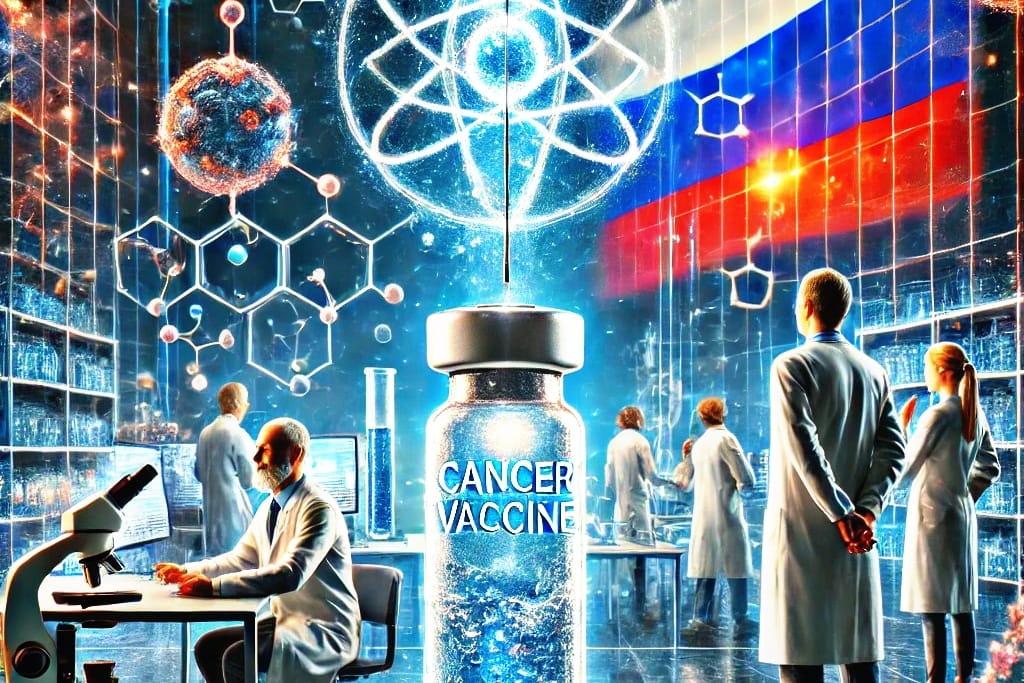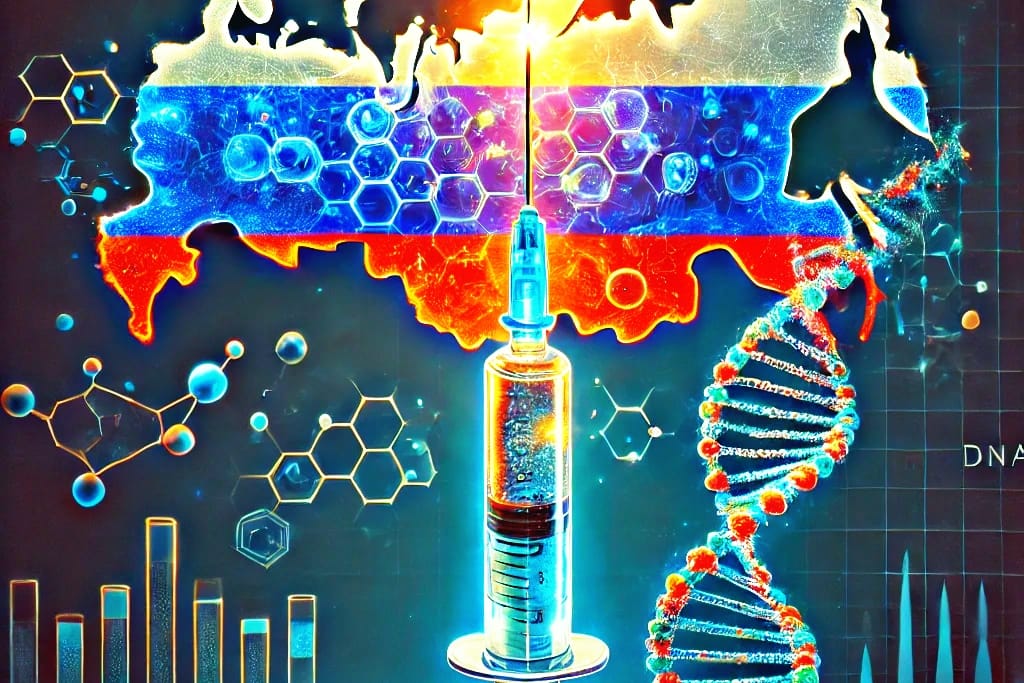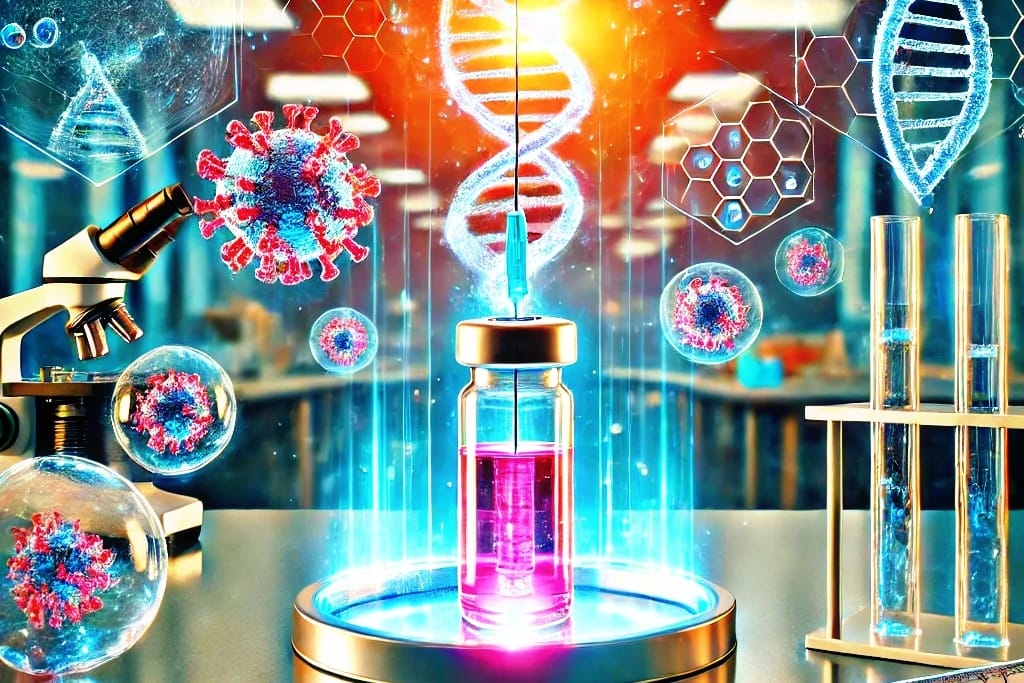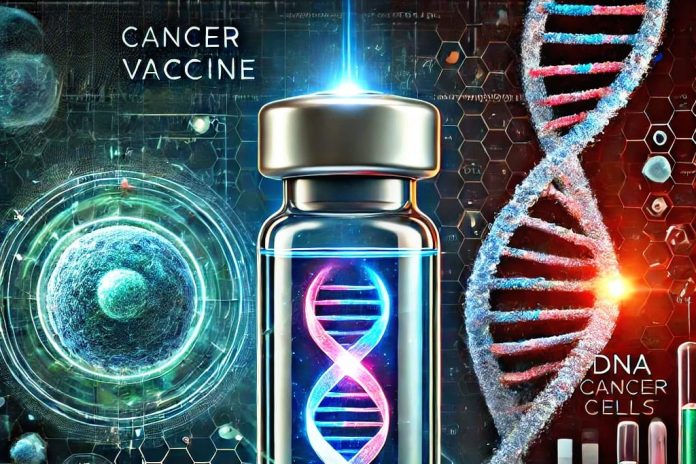Cancer remains one of the most pressing global health challenges, and in the face of rising incidence and mortality rates, innovative approaches to prevention, treatment, and cure are more important than ever. One such approach that has gained significant attention is Russia Cancer Vaccines , which have the potential to transform the way we treat and prevent cancer. While many countries are making strides in this field, Russia has emerged as a significant player in the development of cancer vaccines, contributing to both preventive and therapeutic cancer vaccine research.
This article will explore Russia Cancer Vaccines pioneering efforts in cancer vaccine research, the types of Russia Cancer Vaccines being developed, the clinical trials underway, and the broader implications of these breakthroughs for global cancer treatment. We will also discuss key players in Russia’s biotechnology and pharmaceutical industries, and how Russian innovation is reshaping the landscape of immunotherapy and cancer care.
Understanding Russia Cancer Vaccines: A Brief Overview

Russia Cancer Vaccines are a type of immunotherapy designed to either prevent or treat cancer by stimulating the immune system to recognize and attack cancer cells. Broadly, they can be classified into two categories:
- Preventive Cancer Vaccines: These vaccines aim to prevent cancer from developing by stimulating an immune response against cancer-causing viruses or mutations. A prime example is the HPV vaccine (Human Papillomavirus), which prevents cervical cancer, one of the most common types of cancer in women.
- Therapeutic Cancer Vaccines: These vaccines are designed to treat existing cancer by strengthening the body’s immune response to cancer cells. They can be used to target specific cancer markers or enhance the immune system’s ability to destroy cancerous tissue.
Both types of vaccines are considered a revolutionary advancement in cancer treatment, offering hope for more targeted, less toxic, and potentially more effective therapies than traditional treatments like chemotherapy and radiation.
Russia Contribution to Cancer Vaccine Development
Russia, with its deep-rooted tradition of scientific excellence, has been at the forefront of Russia Cancer Vaccine research. The country’s emphasis on biotechnology innovation, coupled with substantial investment in cancer treatment research, has placed Russia in an important position in the global fight against cancer. Several Russia Cancer Vaccines have already reached the clinical trial phase, and in some cases, they are already being used in patient treatment regimens.
Key Developments in Russia Cancer Vaccines

- The Oncolytic Vaccine: Oncorine (Reolysin)
One of the most notable breakthroughs in Russia Cancer Vaccines research is the development of Oncorine (also known as Reolysin), an oncolytic virus therapy. This therapeutic vaccine uses a genetically modified virus, Reovirus, to selectively infect and kill cancer cells without harming healthy cells. Oncorine is one of the first oncolytic virus therapies to undergo large-scale clinical trials, and its development is considered a significant milestone in cancer vaccine research.
The virus used in Oncorine is naturally occurring but has been modified to attack cancer cells specifically, as opposed to healthy tissue. Clinical trials have demonstrated that Reolysin can be particularly effective in treating head and neck cancers and ovarian cancer, providing promising results in combination with traditional chemotherapy treatments. Although not a vaccine in the traditional sense, the oncolytic virus therapy represents a novel approach to cancer treatment and prevention, enhancing the body’s ability to fight cancer cells.
- The Vaccination Against Hepatitis B and Liver Cancer
Another significant area of focus for cancer vaccine research in Russia is the prevention of liver cancer through vaccination against Hepatitis B. Hepatitis B is a known cause of liver cancer (hepatocellular carcinoma), and by preventing the viral infection through a vaccine, the likelihood of developing liver cancer can be greatly reduced.
Russia’s St. Petersburg Research Institute of Vaccines and Sera has been involved in the development of Hepatitis B vaccines that not only prevent the virus but could also provide protection against liver cancer. These vaccines are essential for reducing cancer rates in regions with high rates of Hepatitis B, especially in parts of Eastern Europe and Asia, where the disease is more prevalent.
- Immunotherapeutic Vaccines: The Development of Personalized Cancer Vaccines
Russia is also investing in personalized cancer vaccines, which are tailored to individual patients based on the specific mutations and characteristics of their cancer cells. These vaccines focus on stimulating the immune system to target unique tumor-associated antigens found on a patient’s cancer cells. Personalized therapies have been gaining ground globally due to their precision, offering greater efficacy and fewer side effects compared to one-size-fits-all treatments.
The National Research Center for Hematology in Moscow has been working on individualized cancer vaccine development by using techniques like peptide vaccines and dendritic cell vaccines. These vaccines work by teaching the immune system to recognize and destroy tumor cells that would otherwise evade detection.
In addition to dendritic cell vaccines, Russia is also pioneering work in the field of neoantigen-based vaccines. Neoantigens are new proteins formed by mutations in tumor cells that are not present in normal cells. By designing vaccines that specifically target these neoantigens, Russian researchers are developing cutting-edge therapies that offer more effective treatment options for patients with various types of cancers.
Clinical Trials and Regulatory Approvals

Russian scientists have been able to advance several cancer vaccines into clinical trials, with a focus on improving efficacy, minimizing side effects, and making treatments more accessible to patients. The Russian government has also supported these efforts through the Skolkovo Innovation Center, which serves as a hub for the nation’s most advanced biotechnological research.
For example, the Moscow-based Institute of Immunology and Therapy has been instrumental in the clinical testing of cancer vaccines in lung cancer, melanoma, and prostate cancer. Early-phase trials have shown promising results in boosting patients’ immune responses, especially when the vaccine is used in combination with traditional therapies.
The regulatory landscape in Russia is more flexible than in some other countries, allowing faster development and deployment of experimental treatments. Russia Cancer Vaccines are evaluated rigorously for safety and effectiveness, and some are even available for compassionate use in patients who have exhausted traditional treatment options.
Cancer Vaccines in the Russian Healthcare System
Russia’s commitment to Russia Cancer Vaccines research is reflected in the broader healthcare system, where innovative treatments like cancer vaccines are becoming increasingly integrated into patient care. Public and private partnerships, as well as collaborations between Russian universities and global biotech companies, are accelerating progress.
In 2018, the Russian Ministry of Health introduced initiatives to expand access to immunotherapy and cancer vaccines for the general population. This includes increasing funding for cancer research, improving healthcare infrastructure, and making advanced treatments available to a broader range of patients across the country.
Russia Cancer Vaccines efforts to develop cutting-edge therapies have resulted in not only a healthier population but also a flourishing biotech sector that is attracting global attention. Russian companies are now exporting biotech products and therapies, including cancer vaccines, to other countries, further solidifying the nation’s position as a leader in cancer research and treatment.
The Global Implications of Russia Cancer Vaccines
Russia Cancer Vaccines contributions to the development of cancer vaccines are significant not only for the country but also for the global fight against cancer. As personalized cancer vaccines and oncolytic virus therapies show promise in clinical trials, they hold the potential to revolutionize cancer treatment on a global scale.
Russian researchers have developed techniques that could be used to enhance vaccine efficacy, reduce the risk of relapse, and extend survival for patients with cancers that are traditionally difficult to treat, such as pancreatic cancer, liver cancer, and melanoma. Russia’s leadership in vaccine research could pave the way for new global treatment protocols, changing the landscape of cancer care worldwide.
Moreover, the global collaboration between Russian researchers, pharmaceutical companies, and medical institutions is accelerating the development of new therapies. Russia’s advances in cancer immunotherapy are creating valuable opportunities for international clinical trials, helping to foster the exchange of knowledge and resources among the world’s leading medical communities.
Conclusion: The Future of Russia Cancer Vaccines and Beyond
Russia’s role in the development of cancer vaccines is growing rapidly, with significant advancements in both preventive and therapeutic cancer vaccines. From oncolytic virus therapy to personalized vaccine development, Russian researchers are making strides in improving the ways cancer is treated and prevented.
As clinical trials continue to show positive results and regulatory hurdles are cleared, Russia Cancer Vaccines may soon become more widely available, both in Russia and abroad. The country’s innovative approach to cancer immunotherapy has the potential to reshape the global oncology landscape, offering new hope for millions of patients affected by cancer worldwide.

